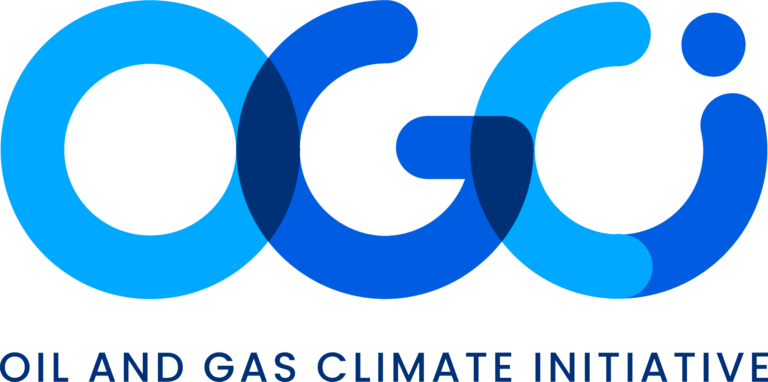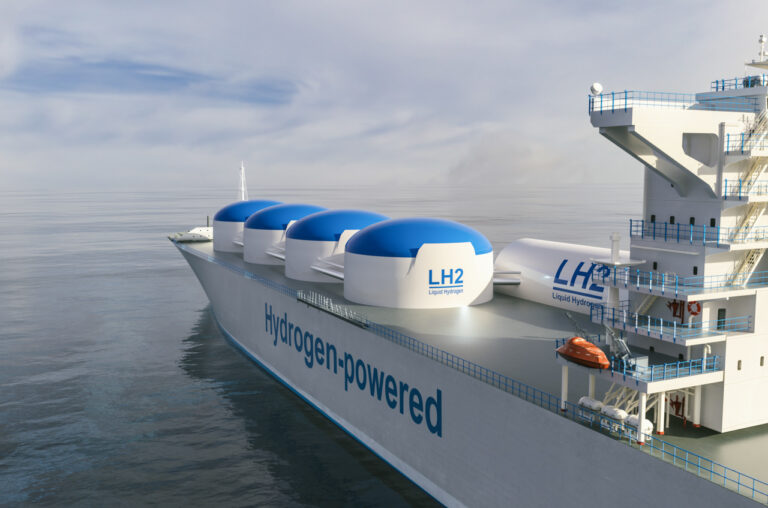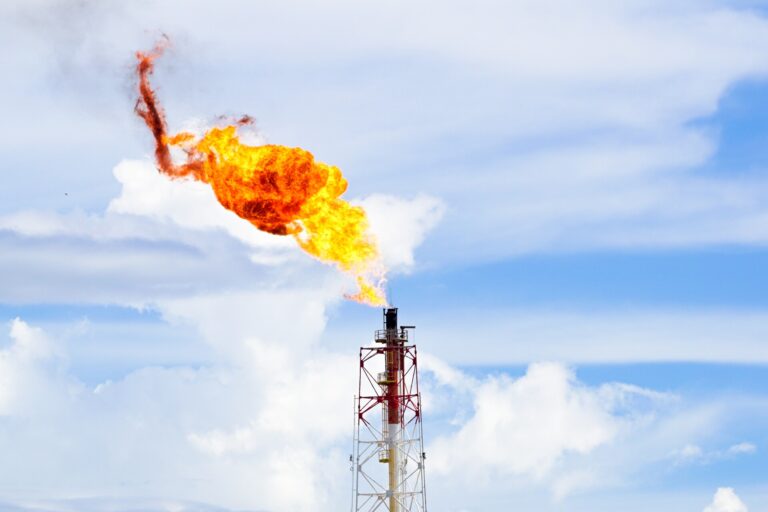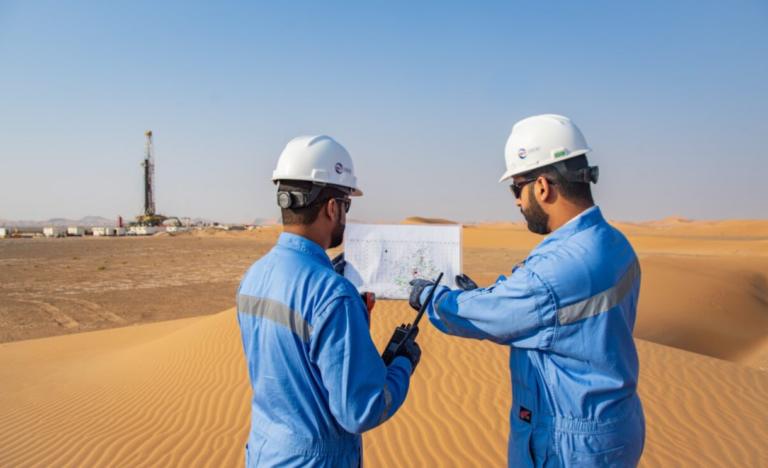Harvard Law School’s Regulatory Tracker explains the regulatory steps to advance clean energy deployment and environmental protection, and provides an up-to-date and concise summary of both regulatory and litigation actions. This tool is particularly useful for professionals seeking to stay informed about the latest developments in energy and environmental regulation.
Regulatory Tracker
The Harvard Law School Environmental & Energy Law Program (EELP) focuses on providing legal analysis to facilitate a low-carbon, sustainable future, mitigate climate change, and promote environmental justice.
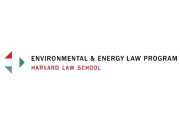

OGCI and its member companies do not assume any responsibility for the accuracy or reliability of any information offered by third-party websites linked though this site. The views expressed in the external content do not necessarily reflect those of OGCI or its member companies. See our Terms of Use.
Region
US
Published
N/A
Resource Type
Tools
Category
Regulations, frameworks and voluntary initiatives
More info
Sub-Category
Regulations
Segment
N/A
Equipment
N/A
Related resources
This resource outlines the work and research conducted by EQT’s Production and Environmental teams to target low-cost opportunities for abating methane emissions from natural gas-driven
Ten-step roadmap for policymakers to implement methane policies for the oil and gas industry. Across these steps, the process of implementing a new regulation unfolds
MiQ has developed and launched the Gas Buyers Methane Emissions Calculator, a tool designed to help natural gas buyers assess the potential methane emissions reductions
Recently visited resources
The IEA’s gas flaring page reviews global flaring trends, environmental impacts, and reduction strategies. It discusses flaring’s role in greenhouse gas emissions and offers links
Brochure created by GasNaturally discussing methane emissions in Europe. It highlights the environmental impact of methane, O&G sources, and emission reduction strategies. The document also
This book highlights the business case for reducing gas flaring and methane emissions (FMR), offering a framework for policymakers to evaluate FMR project feasibility and
